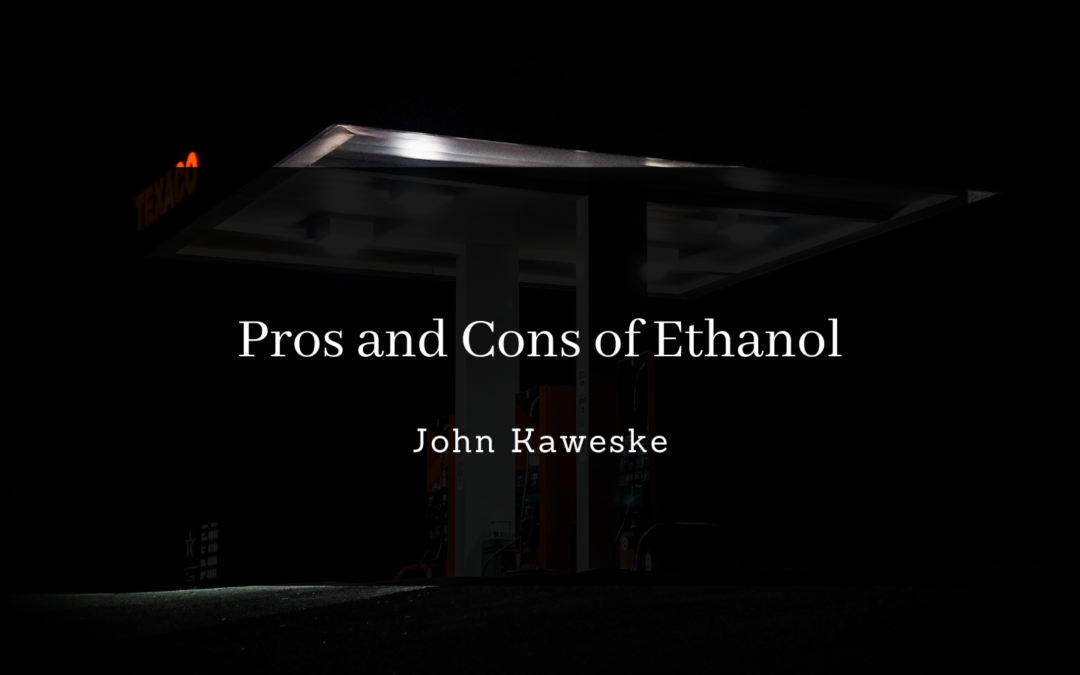Despite its low cost, ethanol is a relatively cheap alternative fuel. It offers more availability and less pollution than unblended gasoline. However, it also has some drawbacks.
Pros
- Better For the Environment
Compared to regular gasoline, ethanol provides a better environment-friendly alternative. It can help reduce greenhouse gas emissions in vehicles.E85, which contains up to 83% ethanol, is less volatile than gasoline. This means that it can reduce evaporation and greenhouse gas emissions. In addition, blending ethanol into gasoline at lower percentages can lower carbon monoxide levels. Since it mainly comes from processed corn, ethanol can reduce the pressure on the environment when drilling in certain regions, such as the Arctic Ocean, the Gulf of Mexico, and Alaska. It can also help reduce the need for new pipelines, such as the Dakota Access Pipeline.
- Creates Jobs
The production of ethanol supports local farmers and creates jobs in the US. It also reduces the country’s reliance on foreign oil and helps boost the country’s energy independence.
Cons
- Environmental Impact
Despite the positive effects of ethanol, it still has a negative impact on the environment. For instance, industrial corn and soybean farming contribute to the pollution of the environment. The production of ethanol requires large amounts of herbicides and synthetic fertilizers. A study on the energy needed to produce ethanol from corn found that it requires more energy than the fuel itself.
- Needs Land
One of the main issues that concern the production of soy-based and corn-based biofuels is how much land it takes away from the food production process. This issue is considered impossible due to the land required to meet the demand for both fuels. Authorities also claim that converting vast areas of open spaces and forests to farmland would be a sacrifice most people would not be willing to make.
- Implementation
When it comes to the use of ethanol in cars, it should be noted that older models aren’t designed for it. Another solution is the development of flexible fuel vehicles, which allow drivers to use either E85 or regular gasoline in their cars. These cars give consumers the freedom to choose the most appropriate blend of fuel for their needs. Despite the various advantages of using ethanol in cars, the automotive industry still has reservations about its use.

